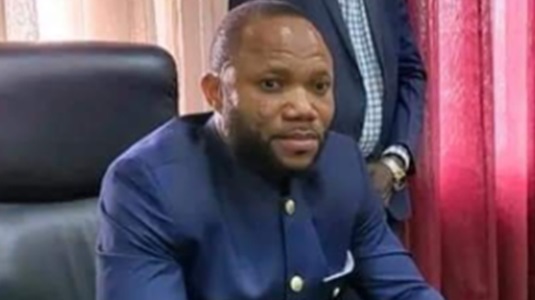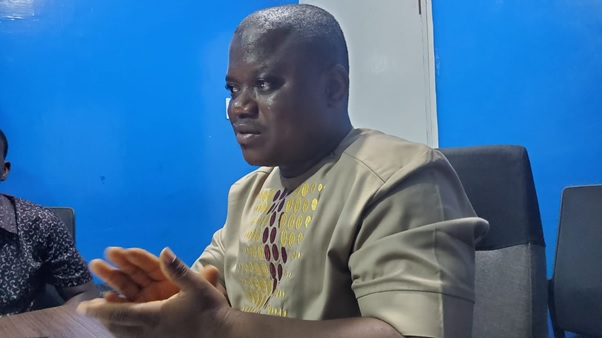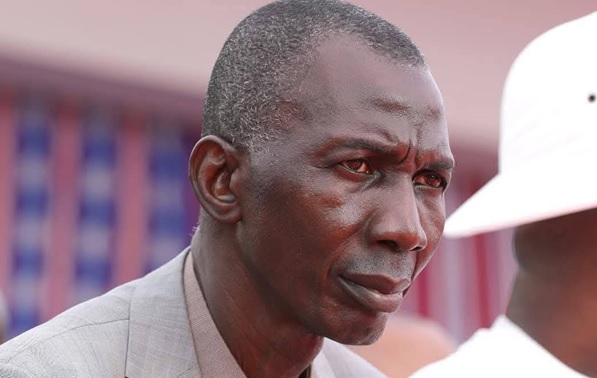MONROVIA, LIBERIA – A heated exchange between Liberia Petroleum Refining Corporation (LPRC) Managing Director Amos Tweh and activist Martin K. N. Kollie has brought renewed attention to allegations of financial mismanagement surrounding the purchase of a used bus for the LPRC Oilers Sports Association. The controversy erupted after Kollie accused the LPRC management of spending US$28,600 on what he described as a substandard, outdated vehicle unfit for use.
Tweh responded by distancing himself from the transaction, insisting that the Oilers Sports Association operates independently with its own board and bank account. He claimed that the decision to procure the bus was made before he assumed office and that the funds came from the sale of a player. He challenged Kollie and others to verify the price from the car dealer, arguing that it was unfair to link him to corruption without evidence.
However, Kollie dismissed Tweh’s response as an attempt to evade accountability, asserting that the LPRC Oilers, as a subset of LPRC, falls under the company’s financial oversight. He presented documents purportedly showing that the payment was made from the Liberia Bank for Development and Investment (LBDI) account of the LPRC Oilers. According to Kollie, the bus lacks basic features such as air conditioning, seat belts, and a radio, and its market value in India is no more than US$2,000, where it is primarily used for transporting vegetables and cattle.
The controversy deepened when Kollie revealed an official communication from the General Services Agency (GSA), which allegedly rejected the bus for being substandard and unfit for use. Despite this, the LPRC proceeded with the purchase, raising further questions about the justification for spending US$28,600 on a vehicle that has since been abandoned.
Adding to the controversy, Tweh’s Chief of Office Staff, Abe Samukai, reportedly admitted on social media that the bus has been out of service and is no longer in use. Kollie argued that this admission confirms the wastefulness of the transaction and demanded accountability for the public funds spent on the bus.
Kollie further argued that since LPRC is a state-owned enterprise, any proceeds from the sale of a player should be considered public funds. He insisted that LPRC financed the Oilers, provided the players’ salaries, and covered their operational costs. As a result, he maintained that any money generated by the club belongs to the Liberian people and should be handled with transparency.
In his response, Tweh suggested that Kollie had rushed to label the transaction as corruption without first reaching out for clarification. He also accused Kollie of trying to manipulate public perception by linking his name to the allegations without concrete proof. However, Kollie pushed back, stating that the real issue is not about who authorized the purchase but rather the inflated cost and poor quality of the bus.
The activist criticized Tweh for dedicating the bus despite its substandard condition, calling it a failure of leadership. He pointed out that in a similar case, the Ministry of Post and Telecommunications was forced to return three outdated buses to the dealer after public outcry over their purchase. Kollie questioned why the LPRC would allow a similar situation to occur without intervention.







